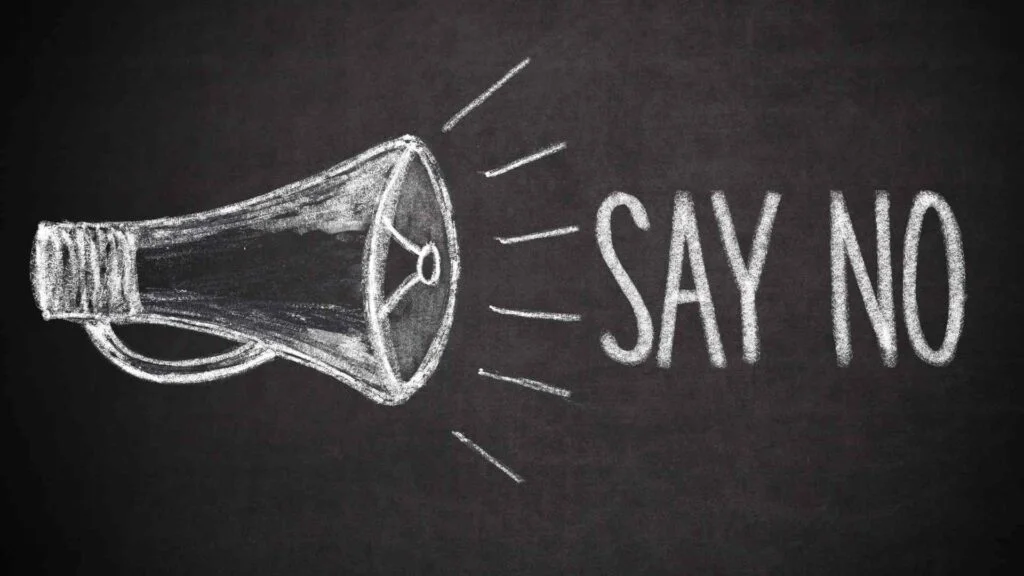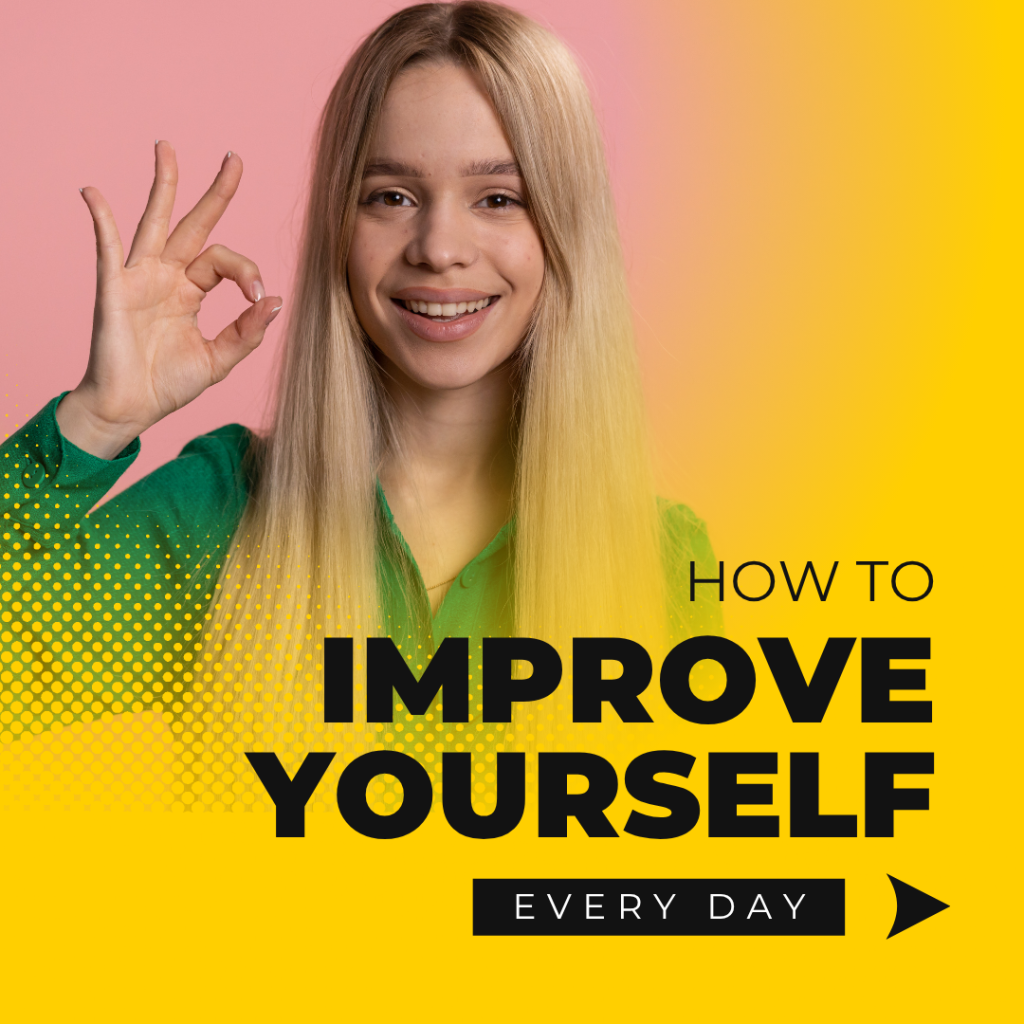In today’s fast-paced world, it often feels like our lives are ruled by obligations, expectations, and endless demands on our time. From work deadlines to social commitments, family responsibilities, and even casual favors, saying “yes” has almost become an automatic response. But while agreeing to everything may seem like a path to being liked and valued, it often comes at a high cost—our mental peace. Learning the art of saying “no” is not about being rude or selfish; it is about protecting your emotional well-being and reclaiming control over your life.
Understanding the Importance of “No”

Saying “no” is an act of self-respect. When you decline a request that overwhelms you, you are setting a boundary that preserves your energy and focus. Mental peace is not just about reducing stress; it’s about cultivating a sense of balance where your needs and priorities are respected. Unfortunately, many people associate saying “no” with guilt or fear of judgment. They worry about disappointing others or being perceived as unhelpful. However, constantly prioritizing others over yourself can lead to burnout, resentment, and anxiety.
Saying “No” as a Tool for Boundaries
Boundaries are invisible lines that define where your responsibilities end and someone else’s begin. Without them, you may feel drained, overcommitted, and trapped in a cycle of constant giving. Saying “no” is the most effective way to establish these boundaries. For example, if a colleague repeatedly asks you to take on additional tasks that compromise your own work, a polite but firm “no” protects your time and mental clarity. Similarly, in personal relationships, declining requests that conflict with your well-being or values ensures that your peace is not sacrificed for temporary convenience.
The Psychological Benefits

The power of saying “no” goes beyond time management; it directly impacts mental health. Constantly overextending yourself can trigger stress, anxiety, and even depression. When you practice saying “no,” you reduce these triggers and create space for self-care. Mental peace grows when you prioritize your own needs and avoid overcommitment. Over time, saying “no” becomes empowering, boosting self-confidence and reinforcing a sense of control over your own life.
How to Say “No” Effectively
While the concept is simple, executing it gracefully can be challenging. Here are some practical strategies:
- Be Direct but Polite: You don’t need to over-explain or justify yourself. A simple, “I’m sorry, I can’t take this on right now,” is sufficient.
- Offer Alternatives (if appropriate): If you want to help but can’t fully commit, suggest another solution or a later time. For example, “I can’t help this week, but I could assist next week.”
- Practice Assertiveness: Saying “no” is a skill that improves with practice. Start small with minor requests and gradually handle bigger commitments.
- Listen to Your Gut: Often, your intuition signals when a request will overload you. Trust these feelings rather than forcing a “yes” out of obligation.
Overcoming the Guilt
Guilt is one of the biggest barriers to saying “no.” Many people feel selfish when turning down requests, especially if they’ve been people-pleasers. It’s essential to reframe your mindset: saying “no” is not selfish—it is necessary for your mental health. By taking care of yourself, you can be more present and effective in your commitments, rather than spreading yourself too thin. Remember, a “yes” given grudgingly can be more harmful than a considerate “no.”
The Ripple Effect
Learning to say “no” has far-reaching benefits. When you respect your own limits, others begin to respect them too. You teach friends, family, and colleagues that your time and energy are valuable. Moreover, mental peace fosters creativity, productivity, and better decision-making, positively affecting all areas of your life. Over time, you may find that the world does not fall apart when you decline a request; instead, your life becomes more organized, balanced, and fulfilling.
Conclusion
The power of saying “no” is one of the most underrated tools for mental peace. It allows you to reclaim your time, establish boundaries, and protect your emotional well-being. By overcoming guilt and practicing assertiveness, you can transform “no” from a word of denial into a statement of self-respect. Ultimately, mental peace is not about avoiding responsibilities; it’s about making conscious choices that honor your needs, reduce stress, and allow you to live a more balanced, fulfilling life. So, the next time you feel pressured to say “yes” automatically, remember that a well-placed “no” can be the key to lasting serenity.



Leave a Reply